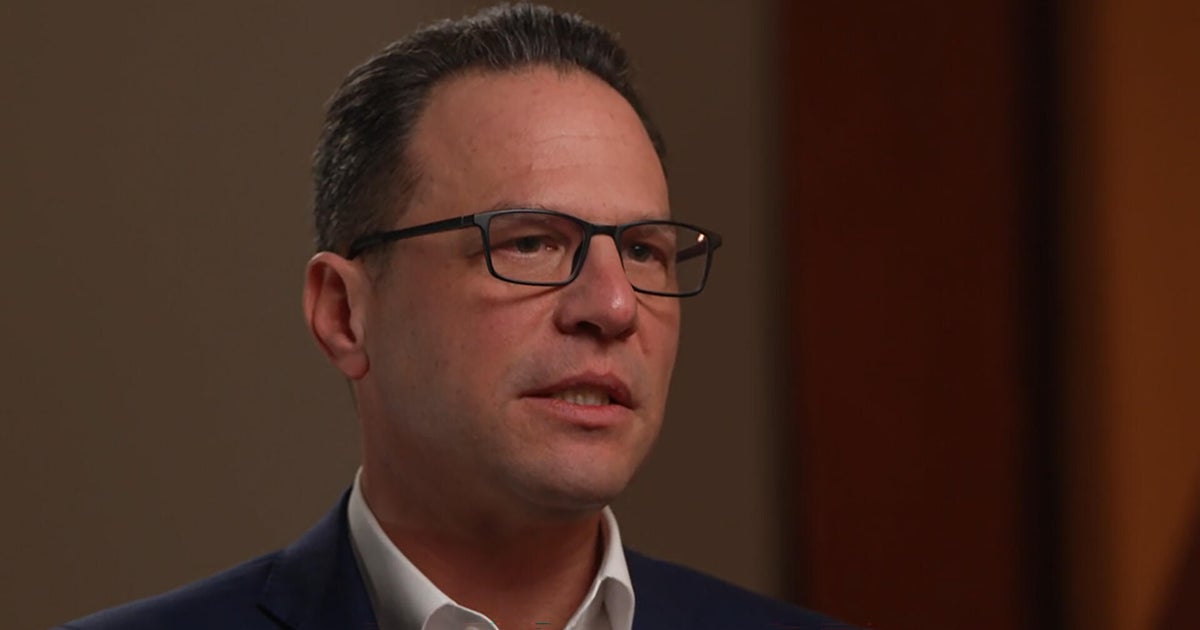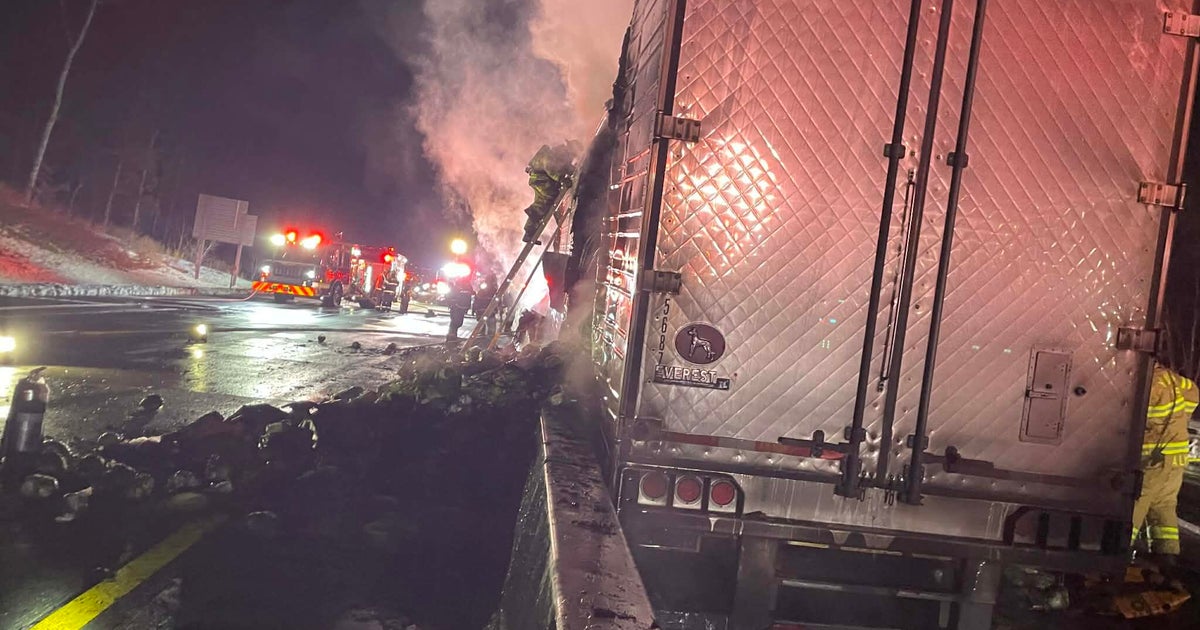Pa. Health Dept., Local Hospitals Lay Out Plans For Possible Coronavirus Spread
HARRISBURG, Pa. (KDKA/AP) - A customized update to pandemic flu plans should be completed in the coming days for the COVID-19 virus, the Pennsylvania health secretary said Wednesday, although the state has yet to identify a case of infection.
Dr. Rachel Levine said at a Capitol news conference that monitoring and testing of travelers from China is continuing, although officials will not disclose how many people are involved.
"We don't want in any way to stigmatize somebody," Levine said.
However, Dr. Levine said Governor Wolf isn't taking any chances. While no one has died from the virus in the U.S., there are 57 cases nationwide. The CDC is concerned that the virus could spread across the country.
RELATED STORIES:
- Vial Of Coronavirus Coming To Pitt's Center For Vaccine Research Lab
- University Of Pittsburgh Holds Session To Dispel Myths About Coronavirus Outbreak
- Coronavirus Could Cause Shortage Of Products And Rising Prices At American Retail Stores
- Local School Districts Receiving Guidance On Coronavirus From Local Health Officials
- Allegheny Co. Health Dept. Working With CDC In Case Coronavirus Reaches Western Pa.
The Health Department has plans to quickly notify the public if a case is confirmed within Pennsylvania, Levine said. The state has supplies of personal protective equipment, but she said those stockpiles could be drawn down if there is a significant spread of the virus.
The virus has so far reached more than three dozen countries and 81,000 people, with most of them occurring in China.
Pennsylvania state government has prepared by getting the Health Department's emergency operations center ready a couple weeks ago and sharing information with health workers, businesses and schools, Levine said.
Travelers from China are being checked, some in person and some by phone, Levine said. She said an unspecified number of people are being monitored for symptoms, and laboratory testing is being done by the U.S. Centers for Disease Control and Prevention.
"We have full personal protective equipment with includes the N95 respirators. Hospitals have those. Could those resources be strained if there was significant community spread? Yes," said Levine.
If that happens, the state will have to dip into federal resources. As far as prevention goes, Levine said it's as simple as washing your hands, using an alcohol-based hand sanitizer and covering coughs and sneezes. She said the coronavirus is known to be more contagious and will lead to more deaths than the flu.
Meantime-- the Allegheny County Health Department is urging businesses to also start prepping for what could come. There is a shortage of surgical masks and the N95 respirator. KDKA called multiple pharmacies around Pittsburgh and they were all out. Amazon isn't an option either. The respirator is listed as currently unavailable.
Preparations are underway at local hospitals as well.
WATCH: Dr. Maria Simbra Reports
"There's been a lot of concern within the community, for sure," says Emily Magee, Infection Control Manager at St. Clair Hospital.
"We believe it will likely happen in the future," says Allegheny Health Network emergency medicine physician, Dr. Thomas Campbell.
Hospitals now have focused screening for the new corona virus, called COVID-19.
Currently, the procedure for someone coming to the emergency room with cough, or fever, or flu-like symptoms, is to first get a mask, and then at the check in desk, they'll be asked questions about travel. If there's any possibility of COVID-19, they're brought directly back to an isolation room.
Hospitalized patients with COVID-19 would be admitted to airborn isolation rooms.
A community hospital, St. Clair Hospital, has 13.
An academic tertiary center, Allegheny General Hospital, has 34.
Once these are full, COVID-19 patients will be grouped together on a ward for respiratory isolation.
Only a certain number of staff will take care of these patients to minimize exposure.
So far, supplies have not been an issue, but facilities are paying attention to CDC guidance on safely reusing.
"Certainly, supplies are probably my biggest worry, and I think the nation's biggest worry, because internationally, everybody needs the same supplies," says Dr. Campbell, "If you happen to live at home, with someone who does have the illness, you might need to wear a mask. But out in general public, today, i would not recommend it."
"We want to ensure that we have supplies where needed, which is in health care settings," says Magee.
Hospitals have had to plan for staffing if health care workers come down with the illness: "All employees who have a known confirmed exposure, they won't be coming to work for two weeks, and they'll be monitored daily."
With no established treatment...no drug shortages yet.
"They're using influenza type drugs, they're also using some anti-retrovirals, that we might use for HIV, and drugs that would be successful against herpes virus," St. Clair Hospital infectious diseases specialist Dr. Stephen Colodny explains.
"It's too early to say whether any of these have any efficacy."
UPMC says it's taking proper precautions based on updated information and alerts from local, state and federal health officials, and in a statement says: "Our community can be reassured that UPMC facilities and staff are well-equipped to properly care for patients with contagious diseases without exposing other patients, staff or visitors."
Of course, procedures could change as the viral illness becomes more widespread.
(TM and © Copyright 2019 CBS Broadcasting Inc. All Rights Reserved. This material may not be published, broadcast, rewritten, or redistributed. The Associated Press contributed to this report.)







